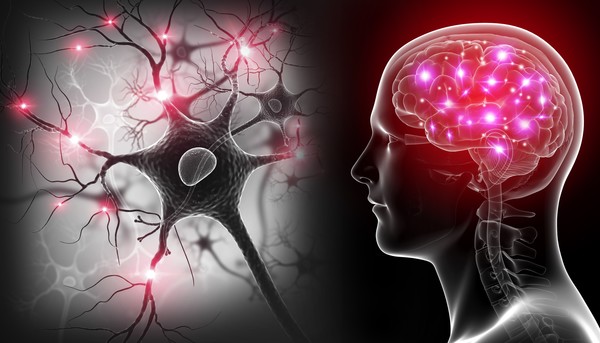K-Bio challenges the development of a 'difficult' CNS treatment
페이지 정보
본문
K-Bio challenges the development of a 'difficult' CNS treatment
21-12-01
K-Bio is leading the development of CNS (central nervous system) treatments. On the 11th of last month, SK Biopharmaceuticals Technology exported the Chinese copyright for six CNS new drug pipelines, including cenobamate, an epilepsy drug, to Ignis.
Through this, SK Biopharmaceuticals acquired a stake worth 150 million dollars. According to the terms of the contract, it secured revenues such as an advance payment of 20 million dollars, milestones of 15 million dollars for each development stage, and royalties from sales. When SK Biopharmaceuticals announced this news, the related industry was excited.
Currently, there is no proper medicine for the CNS field. As a result, many patients suffering from CNS diseases such as Alzheimer's and Parkinson's are suffering. Global pharmaceutical companies are struggling to develop CNS treatments that show clear effects.
The domestic situation is no different. Currently, there is not a single CNS treatment among 33 domestic new drugs. Therefore, the development of CNS therapeutics is evaluated as a challenging area. However, SK Biopharmaceuticals fired a flare of success in the development of CNS treatment.
Hit News summarized the trends of domestic bio venture companies that are developing CNS treatments, including SK Biopharmaceuticals.
[Neuroventi, all-in on development of 'autism treatment']
Shin Chan-young, CEO of Neuroventi, is focusing on the development of autism treatment. Autism is known to be one of the most difficult to develop treatments for among CNS diseases.
CEO Shin emphasized, "I started developing a treatment because I wanted to help people suffering from autism."
Currently, Neuroventi is developing an iGluR inhibitor-based treatment for autism spectrum disorder (ASD). The pipeline is NV-84-001. In the preclinical (animal experiment) process, an autism animal model was used to confirm the effect of improving social skills.

